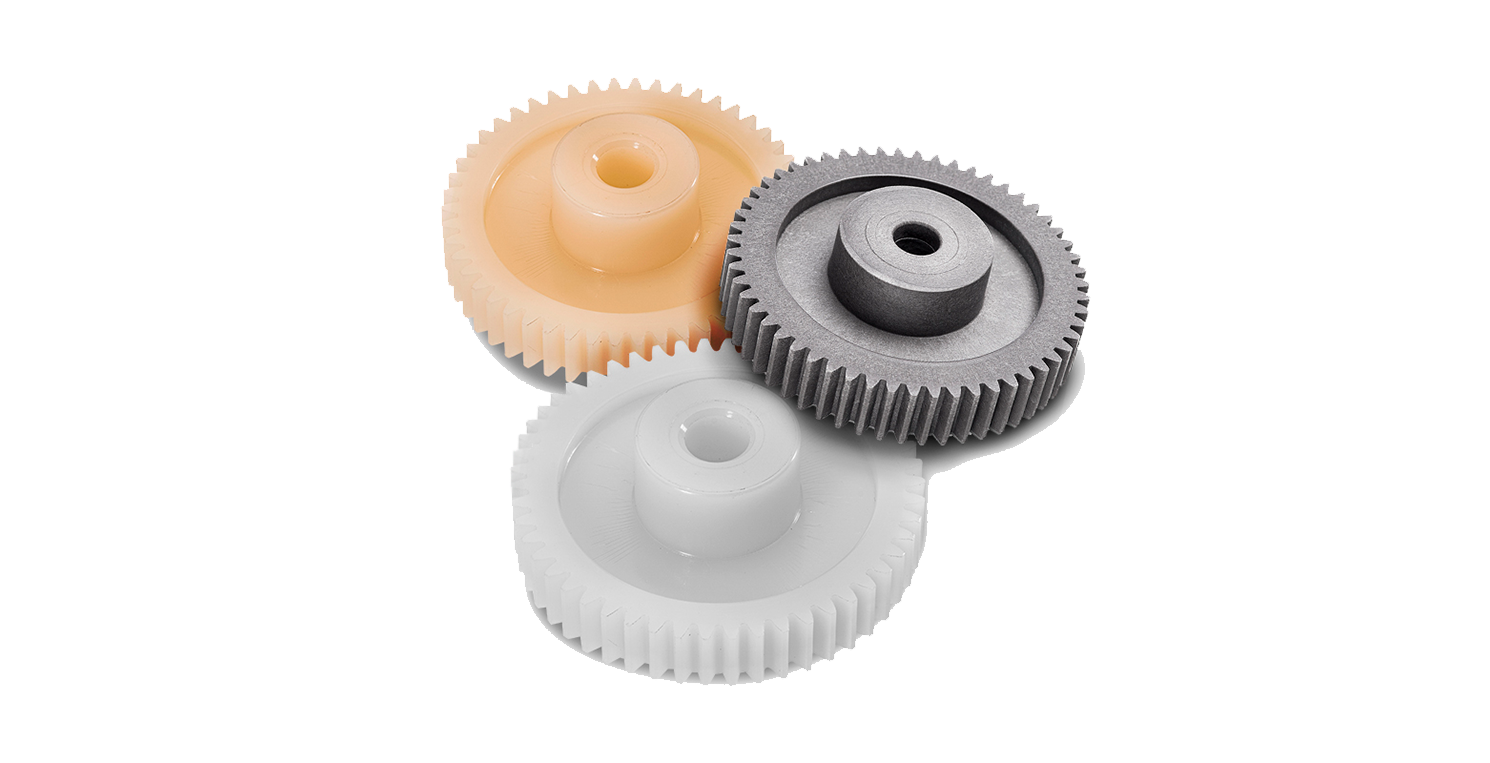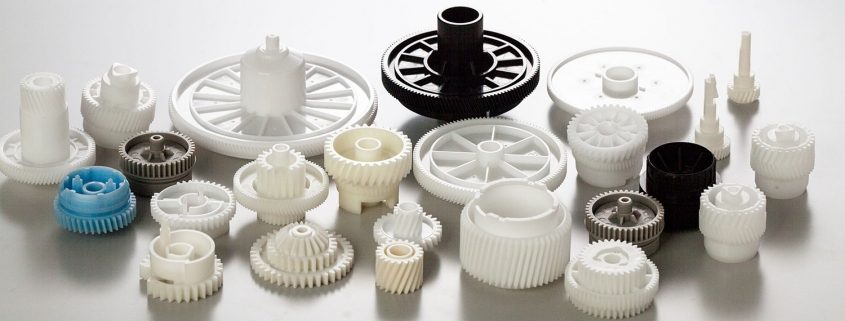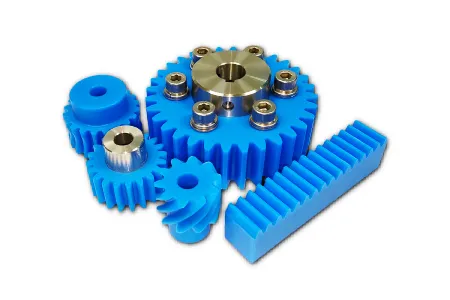Product Description
Large Aluminum Alloy Precision Machine Machinery Processing CNC Machining Parts
Features of CNC parts
1. Precision CNC parts strictly according to customers’ drawing,packing and quality request
2. Tolerance: Can be kept in +/-0.005mm
3. 100% inspection during production to ensure the quality
4. Experienced technology engineers and well trained workers
5. Fast and timely delivery. Speedy & professional service
6. Provide customer professional suggestion while in the process of customer designing to save cost.
7. Quality assurance in accordance with ISO9001
| Material | Stainless Steel | SS201,SS303,SS304,SS316,SS416,SS420,17-4PH,SUS440C |
| Steel | Q235,C20,C45(K1045),1214,1215 | |
| Brass | C36000(C26800),C37700(HPb59),C38500(HPb58),C27200(CuZn37),C28000(CuZn40/H62),C3604 | |
| Bronze | C51000, C52100, C54400,CuSn8 | |
| Aluminum | AL2571,AL5754(Almg3),AL5083,AL6061,AL6063,AL5052,AL7075 | |
| Alloy Steel | SCM435,10B21 | |
| Plastic | PA6,PA66,PP,PC,POM,FR4,ABS,Acrylic | |
| Others | According to customers’ requirements |
| Processing | CNC machining, CNC milling and turning, drilling, grinding, stamping, tapping,bending |
| Finish | Anodizing ,Heat treatment, polishing, powder coating, galvanized, electroplating, spraying, and painting |
| Dimensions | According to customer’s drawing |
| Tolerance | ±0.005mm |
| Drawing Format | PDF/JPEG/AI/PSD/CAD/Dwg/Step/LGS |
| MOQ | Negotiable |
| QC Policy | 100% inspection and random inspection before shipment, with QC passed label |
| Stardard | Materials and surface treatment comply with RoHS/Reach Directives |
| Processing Equipments | CNC machining center, CNC milling machine, Drilling machine,grinding machine, CNC machining Puncher, Milling machine,CNC wire-cut machine,Charmfering machine; |
| Testing Equipments | CMM, Projector, Pull Tester, Automatic Optical Inspector, Salt Spray Tester, Durometer, Tensile Machine Calipers, |
| Application | Automation machine, medical device, industrial machine, automobile, electric appliance, robot, computers, tele-communication,and other industries |
| Packaging | PE bags or bubble bags, boxes, cartons, pallet or as per customers’ requirements |
| Trade Terms | EXW, FOB, CIF, As per customers’ request |
| Payment Terms | Paypal or Western Union for sample orders; Larger amount by T/T with 30% as deposit,70% before shipment |
| Delivery Time | Within 15-20 working days after deposit or payment received |
| Shipping Ports | FOB HangZhou |
About us
HangZhou CHINAMFG Hardware Machinery Co., Ltd.specializes in machining all sorts of high precision machinery components, precision CNC metal and non-metal machining parts with various surface treatments, which apply to packaging machines, printing machines, assembly machinery, electronic packing facilities, metal processing facilities, food machinery and pharmaceutical industry, etc. We have been in CNC precision machining industry for over 10 years. We can manufacture all kinds of high precision machine parts with good quality and favorable prices.
The company has set up a special technology research and development department, and has an experienced and innovative technology research and development team. Provide professional services such as drawings, design, production samples, assembly and debugging for all customers. What makes CHINAMFG different, Machining Company is Qida, the label of excellent quality and high efficiency. Over the years, we have introduced a lot of high-tech equipment, such as four-axis CNC machining centers, which allow us to manufacture complex micro-machine precision parts faster than ever before.
Testing Equipment
1. Are you a direct manufacturer?
Yes, we are direct manufacturer. We have been in this domain since 2008. And if you want, we could chatting with you on video via Wechat/ Whatsapp/Messenger and any way you like to show you our plant.
2. How can you guarantee quality?
Always a pre-production sample before mass production;Always final Inspection before shipment;ALWAYS full-inspection we have.
3. What kind of service/products you provide?
1. Service of ODM&OEM/one -stop service/assembly; From mold design, mold making, machining, fabrication, welding, surface treatment, assembly, packing to shipping.
2. Automotive parts, bicycle parts, motorcycle parts, scooter parts, racing parts, audio products, medical equipment parts, electronic instruments parts, kitchen and bathroom products and other hardware parts.
3. Iron/stainless steel/aluminum/titanium/brass/bronze/steel alloys/hardened parts/any kind of precision parts you need.
4. Automatic lathe turning parts, milling parts, bending parts, welding parts, stamping parts. All kinds of hardware could be customized here, your precious contact is much welcomed!
4. Why should we buy from you not from other suppliers?
(1). We have own plant and 80% of staff(especially the technical staff) in our company have experience for over 20 years.
(2). We provide a competitive price.
(3). High precision, tolerance can be within + 0.005
(4). 10 years’ fabrication experience.
(5). Small order also is welcomed. M100
(6). We can also provide one-stop service, including mold and assembly.
(7). All your information is confidential, and we can CHINAMFG NDA as well.
5. How can I close my deal with you?
This is easy. Firstly, contact our consultant. our consultant will response you within 10 minutes. Secondly, you can provide drawings and the specification about your custom products to us. Thirdly, confirm the contract and pay, and we will start production. we will choose the best mode of transportation for you.
6.Are you available for customized design drawings?
Yes, DWG, DXF, DXW, IGES, STEP, PDF etc.
7. What’s the MOQ?
In general 100pcs, but can accept low quantity in special conditions.
8.What’s the leading time?
It depends on quantity, generally 7-20 days after order confirmation.
9. Can we know the production process without visiting the factory?
We will offer detailed production schedule and send weekly reports with digital pictures and videos which show the machining progress.
/* January 22, 2571 19:08:37 */!function(){function s(e,r){var a,o={};try{e&&e.split(“,”).forEach(function(e,t){e&&(a=e.match(/(.*?):(.*)$/))&&1
| After-sales Service: | 1-3 |
|---|---|
| Warranty: | 1-3 |
| Type: | Car Reducer |
| Material: | Aluminum |
| Surface Treatment: Oxidation: | Anodizing |
| Tolerance: | +/-0.005 |
| Samples: |
US$ 1.5/Piece
1 Piece(Min.Order) | |
|---|
| Customization: |
Available
| Customized Request |
|---|

What are the limitations of using plastic gears in industrial settings?
Using plastic gears in industrial settings has certain limitations. Here’s a detailed explanation of these limitations:
- Lower Load Capacity: Plastic gears generally have lower load-bearing capacities compared to metal gears. They are more susceptible to deformation and wear under heavy loads or high torque conditions. This makes them less suitable for applications that require withstanding substantial forces or transmitting high power.
- Temperature Sensitivity: Plastic gears have temperature limitations, and their performance can be affected by temperature variations. Some plastic materials may experience dimensional changes, loss of strength, or reduced stiffness at elevated temperatures. Additionally, high temperatures can accelerate wear and reduce the lifespan of plastic gears. Therefore, plastic gears may not be suitable for applications that involve high-temperature environments or extreme temperature fluctuations.
- Environmental Sensitivity: Plastic gears can be sensitive to certain environmental conditions. Certain plastic materials may degrade or become brittle when exposed to specific chemicals, solvents, oils, or UV radiation. This restricts their use in applications where exposure to harsh chemicals, lubricants, or outdoor elements is common.
- Wear and Abrasion: While plastic gears can offer good wear resistance, they are generally more prone to wear and abrasion compared to metal gears. Under heavy-load or high-speed conditions, the surface of plastic gears can wear down, leading to a decrease in performance and potential failure over time. Additional measures, such as incorporating reinforcements or using lubrication, may be necessary to mitigate wear in certain applications.
- Dimensional Stability: Plastic materials can have lower dimensional stability compared to metals. They may experience creep, shrinkage, or expansion over time, which can affect the accuracy and reliability of gear operation, particularly in applications with tight tolerances or precise gear meshing requirements.
- Impact Resistance: Plastic gears may have limited impact resistance compared to metal gears. They can be more susceptible to damage or fracture when subjected to sudden impact or shock loads. This makes them less suitable for applications with high impact or heavy-duty requirements.
- Compatibility with Existing Systems: In some cases, replacing metal gears with plastic gears may require modifications to the existing system. Plastic gears may have different dimensions, mounting requirements, or gear ratios compared to metal gears, necessitating design changes or adaptations to accommodate the use of plastic gears.
Despite these limitations, plastic gears can still offer significant advantages in certain industrial settings, such as reduced weight, noise reduction, and cost-effectiveness. It’s crucial to carefully evaluate the specific application requirements and consider the trade-offs between the benefits and limitations of plastic gears when deciding whether they are suitable for a particular industrial setting.

How do plastic gears handle lubrication and wear?
Plastic gears handle lubrication and wear differently compared to metal gears. Here’s a detailed explanation of their behavior:
1. Lubrication in Plastic Gears: Lubrication plays a crucial role in the performance and longevity of plastic gears. While metal gears often require continuous lubrication, plastic gears have different lubrication requirements due to their inherent properties. Here are some key considerations:
- Self-Lubrication: Some plastic materials, such as certain formulations of polyoxymethylene (POM), have inherent self-lubricating properties. These materials have a low coefficient of friction and can operate with minimal lubrication or even dry. Self-lubricating plastic gears can be advantageous in applications where the use of external lubricants is impractical or undesirable.
- Lubricant Compatibility: When external lubrication is necessary, it’s important to choose lubricants that are compatible with the specific plastic material used in the gears. Certain lubricants may degrade or adversely affect the mechanical properties of certain plastics. Consultation with lubricant manufacturers or experts can help identify suitable lubricants that won’t cause degradation or wear issues.
- Reduced Lubricant Requirements: Plastic gears generally have lower friction coefficients compared to metal gears. This reduced friction results in lower heat generation and less wear, which in turn reduces the demand for lubrication. Plastic gears may require less frequent lubricant replenishment or lower lubricant volumes, reducing maintenance requirements.
- Appropriate Lubricant Application: When applying lubricant to plastic gears, care should be taken to avoid excessive amounts that could lead to contamination or leakage. Lubricants should be applied in a controlled manner, ensuring they reach the critical contact points without excessive buildup or excess spreading beyond the gear surfaces.
2. Wear in Plastic Gears: Plastic gears exhibit different wear characteristics compared to metal gears. While metal gears typically experience gradual wear due to surface interactions, plastic gears may undergo different types of wear mechanisms, including:
- Adhesive Wear: Adhesive wear can occur in plastic gears when high loads or speeds cause localized melting or deformation at the gear teeth contact points. This can result in material transfer between gear surfaces and increased wear. Proper material selection, gear design optimization, and lubrication can help minimize adhesive wear in plastic gears.
- Abrasive Wear: Abrasive wear in plastic gears can be caused by the presence of abrasive particles or contaminants in the operating environment. These particles can act as abrasive agents, gradually wearing down the gear surfaces. Implementing effective filtration or sealing mechanisms, along with proper maintenance practices, can help reduce abrasive wear in plastic gears.
- Fatigue Wear: Plastic materials can exhibit fatigue wear under cyclic loading conditions. Repeated stress and deformation cycles can lead to crack initiation and propagation, ultimately resulting in gear failure. Proper gear design, material selection, and avoiding excessive loads or stress concentrations can help mitigate fatigue wear in plastic gears.
3. Gear Material Selection: The choice of plastic material for gears can significantly impact their lubrication and wear characteristics. Different plastic materials have varying coefficients of friction, wear resistance, and compatibility with lubricants. It’s important to select materials that offer suitable lubrication and wear properties for the specific application requirements.
4. Operational Considerations: Proper operating conditions and practices can also contribute to the effective handling of lubrication and wear in plastic gears. Avoiding excessive loads, controlling operating temperatures within the material’s limits, implementing effective maintenance procedures, and monitoring gear performance are essential for ensuring optimal gear operation and minimizing wear.
In summary, plastic gears can handle lubrication and wear differently compared to metal gears. They may exhibit self-lubricating properties, reduced lubricant requirements, and require careful consideration of lubricant compatibility. Plastic gears can experience different types of wear, including adhesive wear, abrasive wear, and fatigue wear. Proper material selection, gear design, lubrication practices, and operational considerations are crucial for ensuring efficient lubrication and minimizing wear in plastic gears.

Can plastic gears replace metal gears in certain applications?
Yes, plastic gears can replace metal gears in certain applications. Here’s a detailed explanation:
Plastic gears offer a range of advantages that make them suitable alternatives to metal gears in specific scenarios. Some of the factors that determine whether plastic gears can replace metal gears include the application requirements, operating conditions, load capacity, and desired performance characteristics.
Advantages of Plastic Gears:
- Lightweight: Plastic gears are significantly lighter than metal gears, making them suitable for applications where weight reduction is important. This can lead to energy efficiency, reduced inertia, and lower wear on supporting components.
- Low Noise and Vibration: Plastic gears have inherent damping properties that help reduce noise and vibration levels during operation. This makes them suitable for applications where noise reduction is desired, such as in consumer electronics or office equipment.
- Corrosion Resistance: Certain plastic materials used in gear manufacturing exhibit excellent resistance to corrosion and chemicals. Plastic gears can be a suitable choice for applications in corrosive environments where metal gears may suffer from degradation.
- Self-Lubrication: Some plastic materials used for gear manufacturing have self-lubricating properties. This reduces friction and wear between gear teeth, eliminating the need for external lubrication and simplifying maintenance requirements.
- Cost-Effective: Plastic gears can be more cost-effective compared to metal gears, especially in large-scale production. Plastic materials are often less expensive than metals, and the manufacturing processes for plastic gears can be more efficient.
- Design Flexibility: Plastic gears offer greater design flexibility compared to metal gears. They can be molded into complex shapes, allowing for custom gear profiles and tooth geometries, resulting in optimized performance and efficiency for specific applications.
Limitations of Plastic Gears:
- High Torque and Load Capacity: Plastic gears may not have the same torque and load capacity as metal gears. In applications requiring high torque or heavy loads, metal gears may be more suitable due to their higher strength and durability.
- High Temperatures: Plastic gears have temperature limitations depending on the chosen material. In applications with high operating temperatures, metal gears that can withstand the heat may be necessary.
- Precision and Positioning: Plastic gears may not offer the same level of precision and positioning accuracy as metal gears. Applications that require tight tolerances and precise gear meshing may still require metal gears.
In summary, plastic gears can replace metal gears in certain applications where their advantages align with the specific requirements and operating conditions. It’s crucial to carefully evaluate the application needs, load capacity, temperature range, and other factors to determine if plastic gears are suitable replacements for metal gears.


editor by Dream 2024-05-16